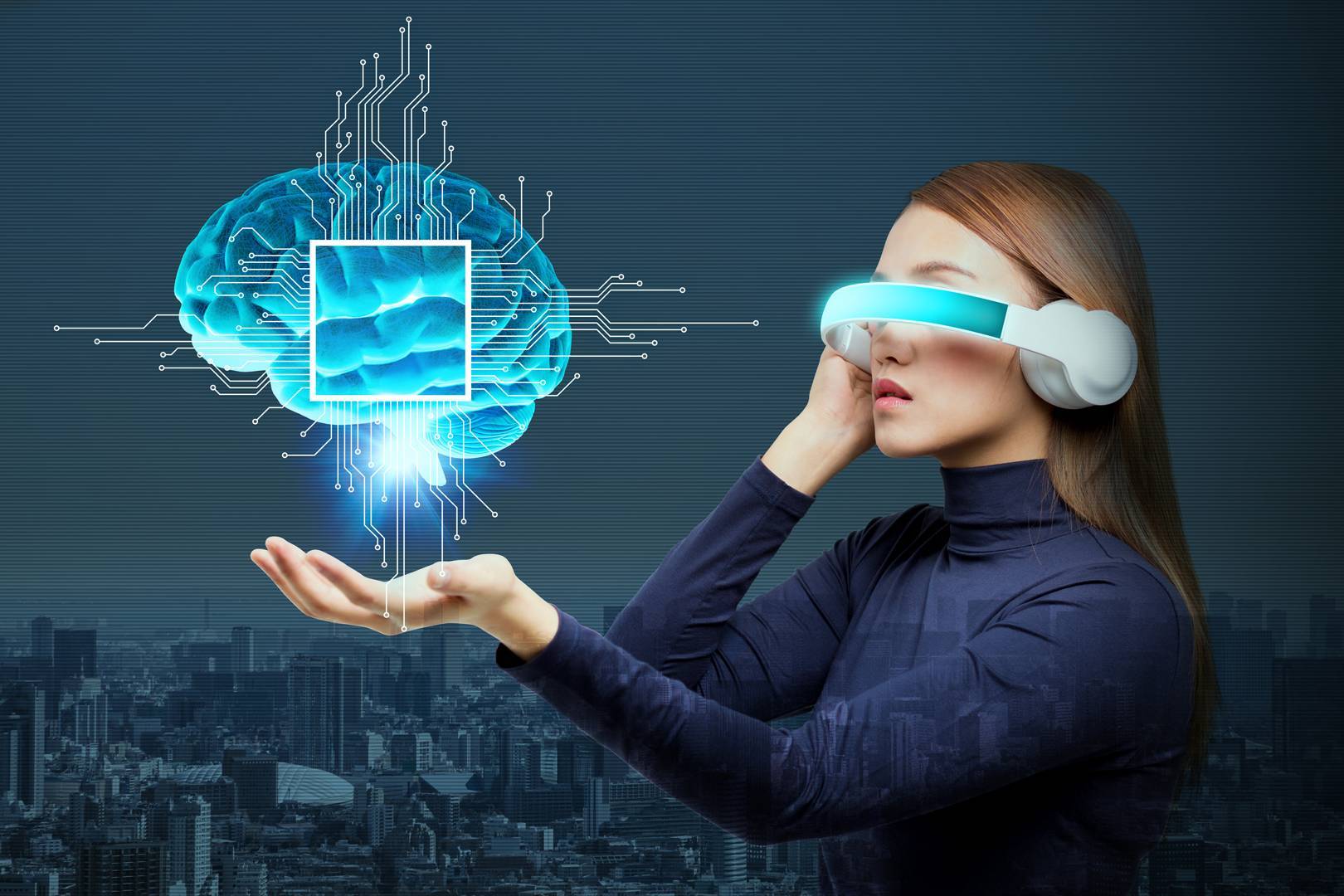The Rise of AI in Digital Marketing
AI has already made its mark in digital marketing, offering innovative solutions to streamline processes and enhance performance. From chatbots that provide instant customer support to algorithms that optimize ad campaigns, AI technologies are being used to automate tasks and improve efficiency. Additionally, AI-driven analytics tools are enabling marketers to gain deeper insights into consumer behavior and preferences, leading to more targeted and personalized marketing strategies
Benefits of AI Integration in Digital Marketing
As we step into 2024, digital marketing specialists foresee considerable growth in the field, with a focus on artificial intelligence (AI), regulatory modifications, and consent for lead generation. The integration of AI into digital marketing strategies is expected to enhance customer targeting, content optimization, and data analysis, ultimately leading to more personalized and effective marketing campaigns. Additionally, the evolving regulatory landscape and increased emphasis on user consent will significantly impact the way businesses approach lead generation, making it more transparent and ethical.

The Evolving Role of Marketers in an AI-Driven Landscape
As AI continues to evolve, the role of marketers is also evolving. While AI can automate certain tasks, it cannot replace the human element of creativity, empathy, and strategic thinking. Marketers need to adapt to this new landscape by embracing AI as a tool to enhance their skills and capabilities. This includes leveraging AI-driven insights to inform marketing strategies, collaborating with AI systems to create personalized experiences for consumers, and continuously learning and upskilling to stay ahead in the AI-driven world.
Strategies for Marketers to Adapt to AI
To thrive in an AI-driven digital marketing landscape, marketers need to adopt several strategies. Firstly, they should invest in AI-powered tools and technologies that align with their marketing objectives. Secondly, marketers should focus on developing their skills in areas that AI cannot replicate, such as creativity, emotional intelligence, and strategic thinking. Additionally, they should prioritize building trust with consumers by being transparent about the use of AI in marketing efforts.

Ethical Considerations in AI-Driven Marketing:
As AI becomes more prevalent in digital marketing, it’s essential to address ethical considerations. Marketers must ensure that AI-driven strategies are used responsibly and ethically, respecting consumer privacy and autonomy. This includes obtaining consent for data collection and use, providing transparent explanations of AI-driven processes, and avoiding biased or discriminatory practices. By prioritizing ethical considerations, marketers can build trust with consumers and mitigate potential risks associated with AI in marketing.
Predictions for the Future of AI in Digital Marketing
Looking ahead, the future of AI in digital marketing is promising yet uncertain. While AI is expected to continue playing a significant role in optimizing marketing efforts, it’s unlikely to completely take over digital marketing. Instead, AI will augment the capabilities of marketers, enabling them to deliver more personalized and effective marketing experiences. However, the human element will remain essential, ensuring that AI is used responsibly and ethically to benefit both businesses and consumers.






